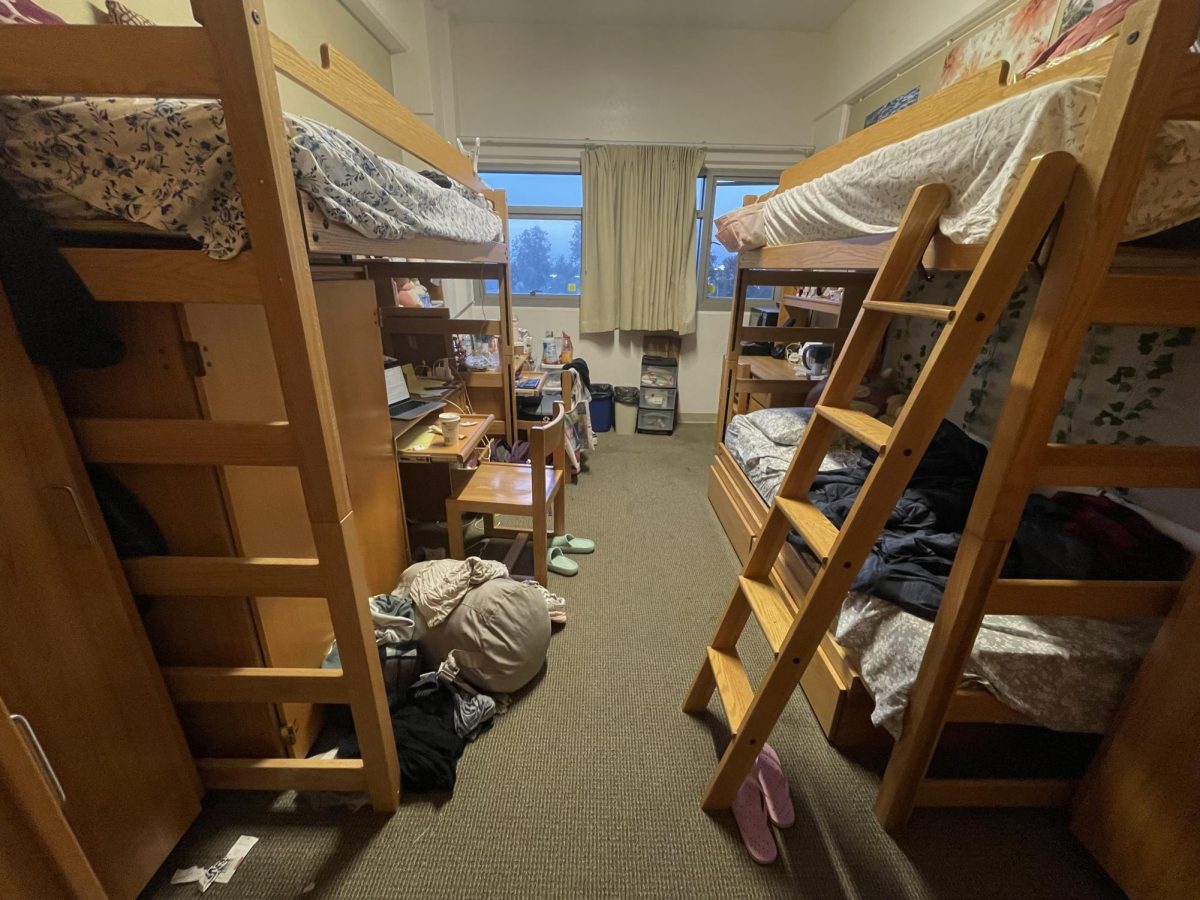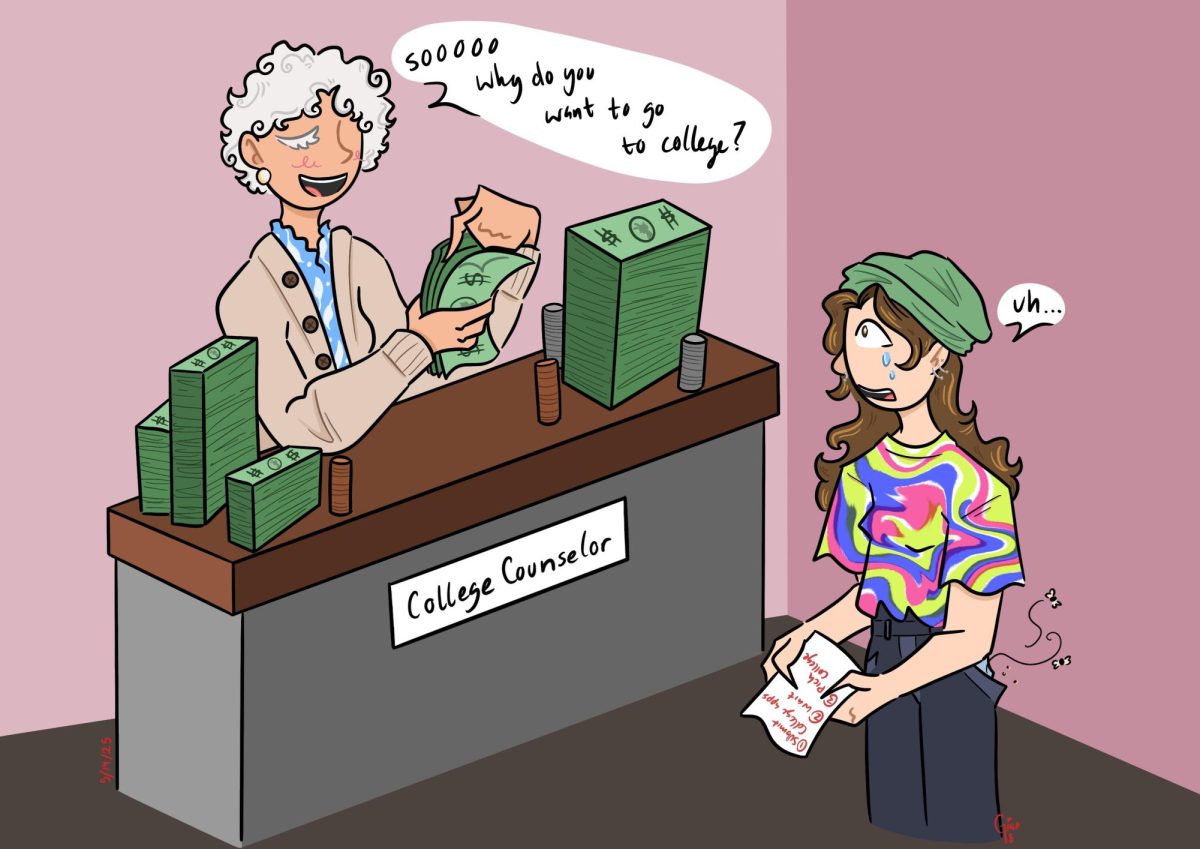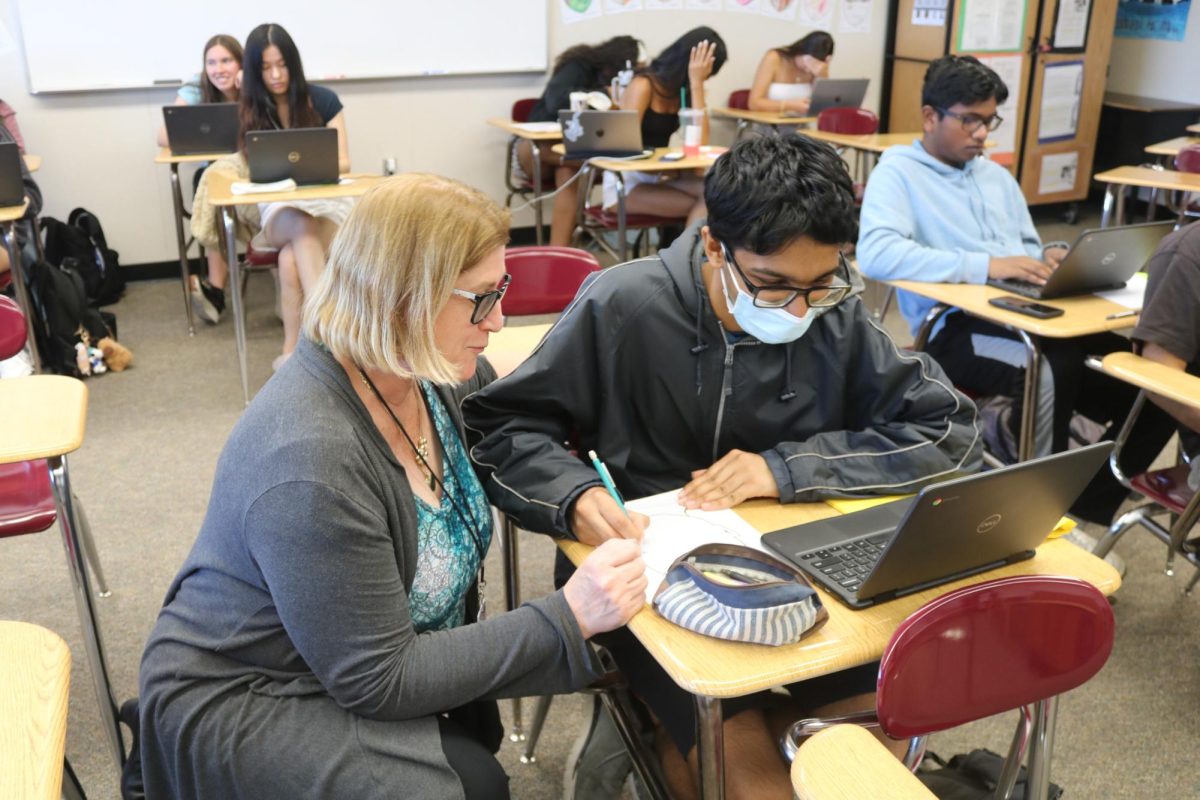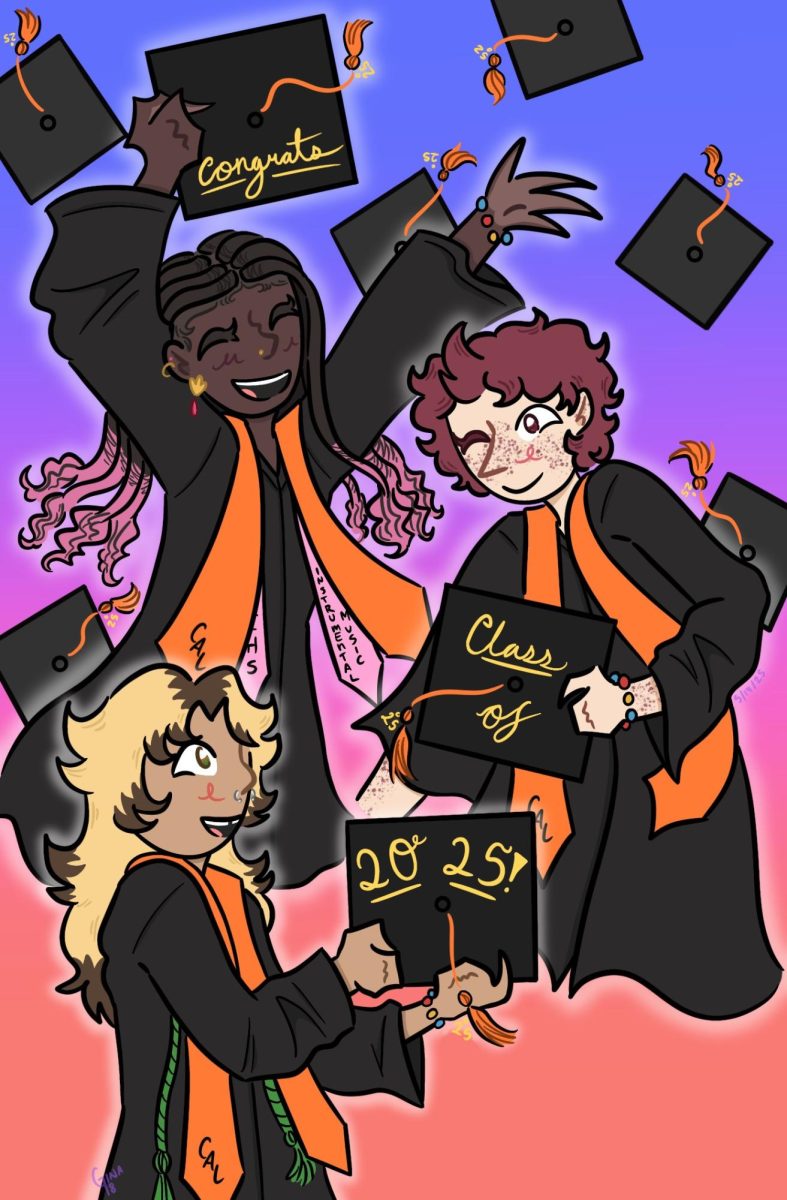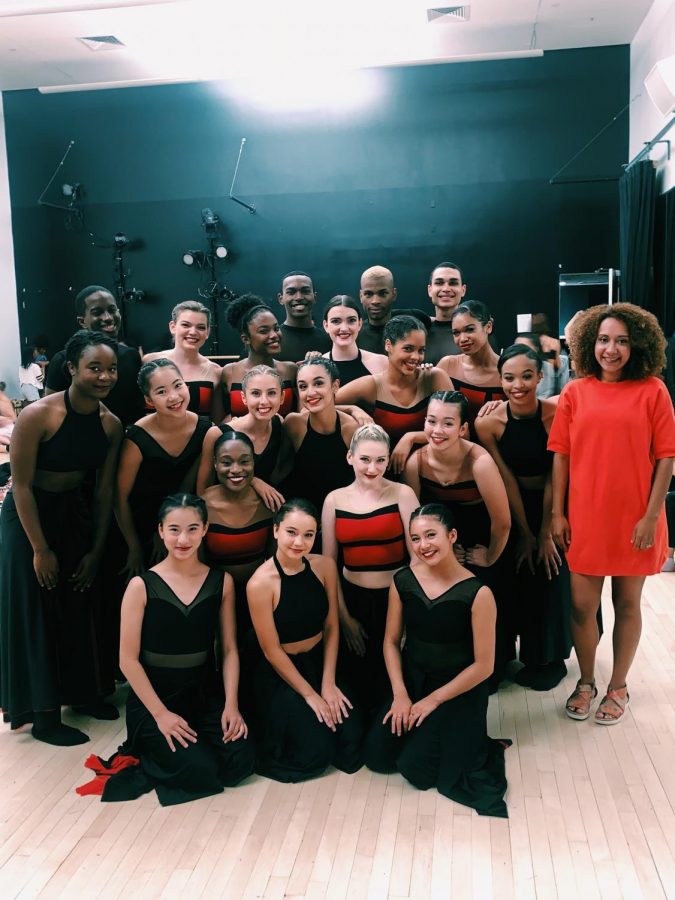By Meena Tafazzoli
The soaring price of a college degree, paired with a shrinking job market, have forced many seniors to make tough choices in their post-graduate plans.
Some, like senior Hannah Dittman, are cost-cutting to make a college education affordable. Hannah, who will be attending UC Berkeley in the fall, chose to forego the dorm experience in favor of living at home to help save money for her family.
“It’s an additional $16,000 a year to live at Berkeley. It’s too expensive,” said Hannah, who will be commuting to classes on Bart.
Other students faced a difficult choice in deciding what college to attend.
“I wanted to go to St Mary’s but it was super expensive, so now I’m going to Sacramento State,” said senior Heather Weeck. “I’m saving thousands of dollars a year. I’m happy with my choice.”
Senior Mike Watson, who chose UC Santa Barbara over a number of private colleges, said that even with the potential for annual tuition hikes in the UC and CSU systems, a state school is still the most practical option for higher education.
“UCs aren’t cheap, but they’re cheaper than any private school,” said Mike.
With long run savings in mind, some choose to make the most economical decision.
“A lot of people would rather have the money in their pockets than ‘invested’ in their education, because there’s no assurance that a comparatively extremely expensive college is going to get you anything more than a marginally better salary,” said senior Jessica Lazarus, who made the decision to attend UC Berkeley instead of Cornell University.
Studies from Rutgers University indicate that even college graduates, supposedly those most protected from the recession face falling employment rates and starting salaries in nearly every field, leading many to question the importance of a college degree.
In the class of 2010, just 56 percent had held at least one job by this spring, when the survey was conductedcompared to 90 percent of graduates from 2006 and 2007.
The median starting salary for students graduating from four-year colleges in 2010 has decreased by $3,000 from 2008.
Math teacher Robert Pitts encourages grads to look at ways to prepare for a career other than a four-year college degree.
“There are excellent, high-paying jobs that don’t require a college degree but do require specialized training,” said Pitts. “It’s important that students prepare for jobs that require special skills- that’s whats going to pay off.”
Both Pitts and economics teacher Doug Devries emphasized the competitiveness of the job market and the importance of distinguishing one’s self as a job applicant.
“There’s no room for complacency in the job market of the future,” said Devries. “That’s what global competition is all about.”
Devries also predicted that the economic downturn, which is the overriding cause of unemployment and rising tuition costs, will still be affecting Cal’s seniors when they graduate from college in four years.
“We could go three to five years before unemployment rates fall even to six percent of the workforce,” said Devries.
Currently, unemployment rates around the country hover at around 9 percent.
With that said, however, Devries encouraged students to pursue higher education if possible.
“Knowledge is power,” said Devries. “Even if a bachelor’s degree is overpriced.”
